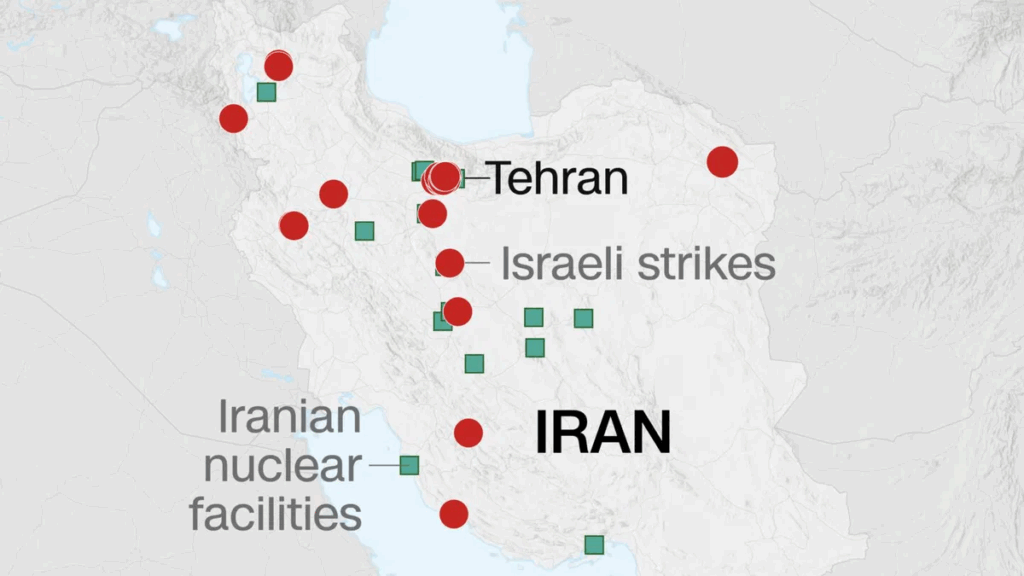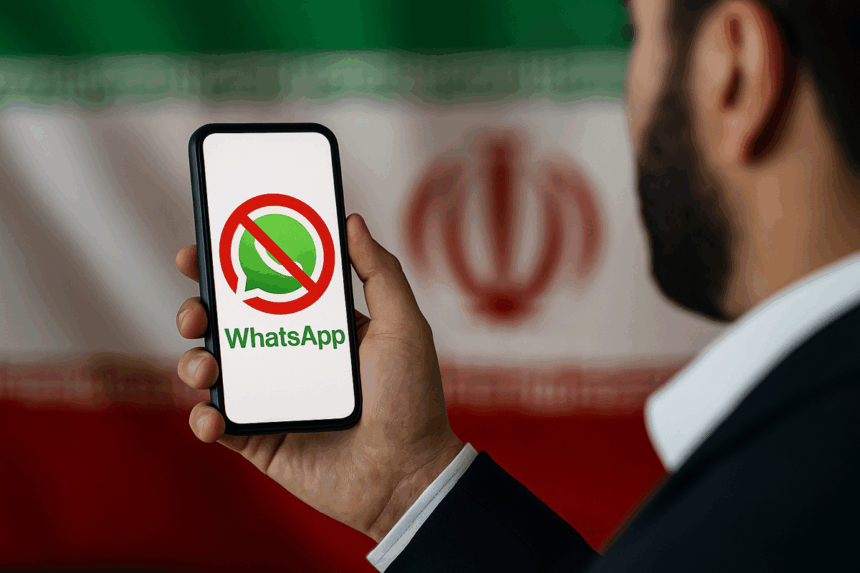Iran’s state media urges citizens to delete WhatsApp from their smartphones, claiming, without clear proof, that the app collects user data for Israeli intelligence. This warning comes amid ongoing tensions and digital restrictions, raising concerns about privacy and access to communication in Iran.
What’s Happening & Why This Matters
Iranian state television accuses WhatsApp of gathering sensitive user information and funneling it to Israel. These claims lack concrete evidence but prompt official calls for users to uninstall the app to avoid being “targeted.” The warning feeds into Iran’s broader digital censorship and surveillance strategy.
WhatsApp, owned by Meta, counters the allegations. The company states it uses end-to-end encryption, ensuring only senders and recipients can read messages. WhatsApp insists it does not track users’ precise locations, keep logs of contacts, or share private messages with any government.
In its statement to the Associated Press, WhatsApp warns that false claims might justify blocking its services when users need them most.

Despite encryption, cybersecurity expert Gregory Falco notes that some WhatsApp metadata—information about how users interact with the app — remains accessible. This data can reveal usage patterns even if message content stays private. Falco highlights that concerns over metadata privacy have driven some users away from WhatsApp.
Falco also points out challenges with data sovereignty, where WhatsApp data from Iran might be stored outside the country. This situation raises trust issues around global data infrastructure and fuels demands for in-country data hosting and local processing.
Iran previously restricted WhatsApp during mass protests in 2022 following the death of Mahsa Amini, intensifying control over digital communication. Today’s announcement may signal further clampdowns on digital freedoms.
WhatsApp remains popular in Iran alongside apps like Telegram and Instagram. Blocking or limiting access could disrupt millions of users who rely on these platforms for private and public communication.
TF Summary: What’s Next
Iran’s push to remove WhatsApp identifies ongoing digital control and surveillance concerns. The government’s claims lack direct proof but create pressure to limit communication tools.
Privacy and data sovereignty remain key concerns worldwide, particularly in politically sensitive regions. How Iran and similar countries handle encrypted messaging apps will influence the future of digital rights and user safety.
— Text-to-Speech (TTS) provided by gspeech


